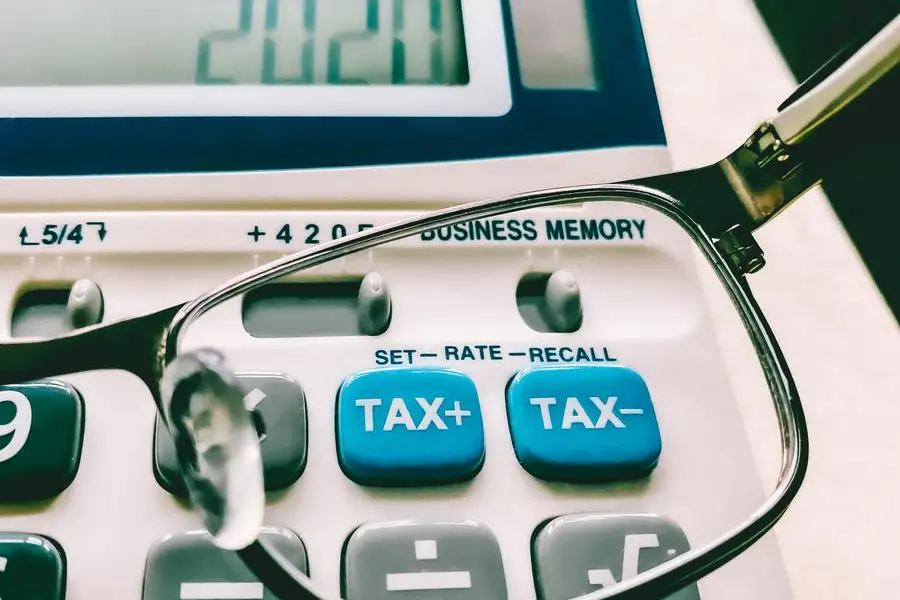PHOTO
The custom valuation rules are common globally under the purview of World Trade Organisation (WTO). UAE is also a member of WTO since April 4, 1996 and has adopted the global valuation rules. The process of custom valuation should be complied with as much sincerity as any other tax compliance.
Rules of Custom Valuation
There are following six prescribed methods of custom valuation which should be followed in the same order (with few exceptions):
Transaction value
Transaction value of identical goods
Transaction value of similar goods
Deductive method
Computed method
Fall-back method
Basic Method– Transaction Value
The first and the basic method of custom valuation is the ‘Transaction Value’ method i.e. the value of the imported goods shall be based on ‘Transaction Value’. ‘Transaction Value’ means the price actually paid or payable by the buyer for the goods when sold to GCC countries.
Certain costs relating to the imported goods must be added to the transaction value if they are not already included. Such additions will be discussed separately.
Conditions for accepting Transaction Value
The transaction value is acceptable if the following four conditions are met:
* There are no restrictions on the disposal or use of the imported goods by the buyer (subject to certain exceptions)
* There are no condition/consideration attached to the sale, or the price, for which a value cannot be determined
* Any proceeds, or part thereof, in the event of any subsequent resale, disposal or use of the goods by the buyer does not accrue directly or indirectly to the seller
* The buyer and seller are not related
Transactions between related parties
While all the aforesaid four conditions are important, let us focus on the fourth condition. Where the buyer and seller are related e.g. group companies, the importer has to demonstrate that the relationship has not influenced the transaction value. The importer needs to demonstrate that the value of the goods bought from the group companies closely approximates to the value of identical or similar goods between unrelated parties.
If the custom authorities believes that the relationship has influenced the price, it shall communicate its grounds to the importer with an opportunity to respond and prove otherwise.
If the importer fails to demonstrate that the relationship has not influenced the price, the custom authorities would follow the other five methods of custom valuation to determine the value of the imported goods.
It is worth noting that in countries like India, even if the importer knows that the import price has not been influenced by the relationship with the seller, it is still required to undergo the aforesaid process and obtain a written order from the custom authorities that the transaction value is acceptable.
Import into Free Zones
Import of goods from outside UAE into a free zone are not subjected to custom duty. Free Zone companies often buy goods from their group companies and import into the Free Zones. A question arises if the free zone companies are still required to demonstrate that the relationship has not influenced the transaction value of the imported goods.
All free zone companies have to maintain a thoroughly auditable and accountable inventory control system in relation to the imported goods. If the imported goods are lost or not used as per the FZ regulations, the free zone company would be liable to payback the custom duties exempted on the original imports. The custom valuation between the group companies may become relevant at such events.
Clearance of goods from Free Zones to Mainland
The free zone companies often sell the imported or manufactured goods to its group companies in the mainland. Custom duties are duly paid at the time of such clearances into the mainland. The FZ company and the mainland company would be treated as related parties for custom valuation. Accordingly, the mainland company could be required to demonstrate that the transaction value has not been influenced by the relationship between the two companies.
The UAE businesses are witnessing a paradigm shift in different taxation regimes in the country. They should ensure compliance with the existing and the future tax regimes to avoid penalties, disruption to operations, business continuity risks, and bad press.
Copyright © 2022 Khaleej Times. All Rights Reserved. Provided by SyndiGate Media Inc. (Syndigate.info).





















